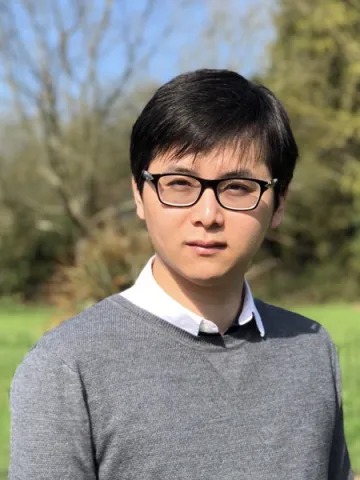About the project
Electronic devices, such as computers, mobile phones and data centres, account for a significant amount of the world's energy consumption. Novel technologies are needed to deliver high-speed, low-power and efficient computing and communication.
This PhD studentship aims at developing neuromorphic chips for artificial intelligence (AI) hardware accelerators. You will exploit the architecture of memristive technologies to deliver faster, smaller, and lower-powered AI chips than the conventional chips that your gadgets have.
Memristive nanodevices are an emerging nanoelectronic technology with unique capabilities in mimicking the communication of biological neurons. You can create a neural network by interconnecting a massive number of these devices. You will learn how to design a massive array of memristive prototypes, investigate their reliability, and integrate them to build a silicon neural network. The objective of this project is to build a model or application demonstrator employing AI chips to run neuromorphic computations.
You will have access to our cleanroom, materials and electrical characterisation facilities. Our excellent research staff and technicians will support your research at the Southampton Nanofabrication Centre. We will encourage you to attend international conferences in the UK and abroad to present your research work and guide you to publish your results in high-impact journals.
This project is funded through the UKRI MINDS Centre for Doctoral Training. This is one of 16 PhD training centres in the UK with a unique focus on advancing AI techniques in the context of real-world engineered systems. Its remit spans novel hardware for AI, AI and machine learning, pervasive systems and IoT, and human-AI collaboration. We provide enhanced cross-disciplinary training in electronics and AI, entrepreneurship, responsible research and innovation, communication strategies, outreach and impact development as part of an integrated 4-year iPhD programme.

